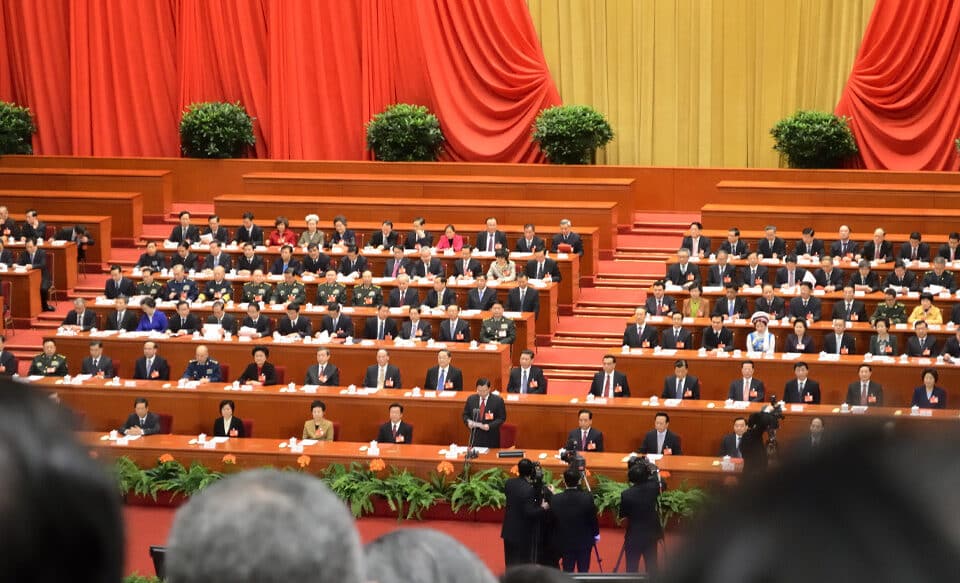The Sandpiper Group (“Sandpiper”) announces the appointment of Simon Buckby as Managing Director of Sandpiper Government & Public Affairs, the firm’s global policy and government relations division. Simon is joined by Dr Craig Wilkie, who is appointed as Director, with a focus on strategic content, policy and intelligence.
- All
- AI and Emerging Technology Integration
- Aviation
- Capital Markets
- Company News
- Consumer Brands
- Content Strategy
- Corporate Communications
- Crisis and Issues Communications Management
- Digital Communications
- Education
- Energy and Environment
- Environmental, Social and Governance (ESG)
- Financial
- Government and Public affairs
- Health
- International media
- Media Relations
- Multimedia Design and Production
- Primary Industries
- Professional Services
- Property and Infrastructure
- Public Relations
- Research
- Strategy
- Technology
- Travel and Hospitality
Healthcare providers, institutions, policymakers, and marketers need to work together to bridge the health literacy gap, ensuring that patients can make well-informed decisions that ultimately improve their health outcomes.
AI is supercharging market research. For PR teams, this translates to quicker data collection, faster analysis, and more time to focus on crafting campaigns and content.
Just hours before US President Donald Trump gave his joint congressional address on the other side of the world on 4 March, Premier Li Qiang took the stage in Beijing to unveil the key goals that would shape China’s macroeconomy over the coming months, including the much-anticipated GDP growth target.
As both China and the Middle East undergo significant economic realignment, ESG has emerged as a key driver of bilateral relationships between the two. For businesses eyeing opportunities in these emerging relationships, ESG adoption is not just an opportunity but a necessity.
This year may prove to be an inflection point for China’s macroeconomic strategy, as domestic challenges risk being exacerbated by an increasingly uncompromising external environment.







